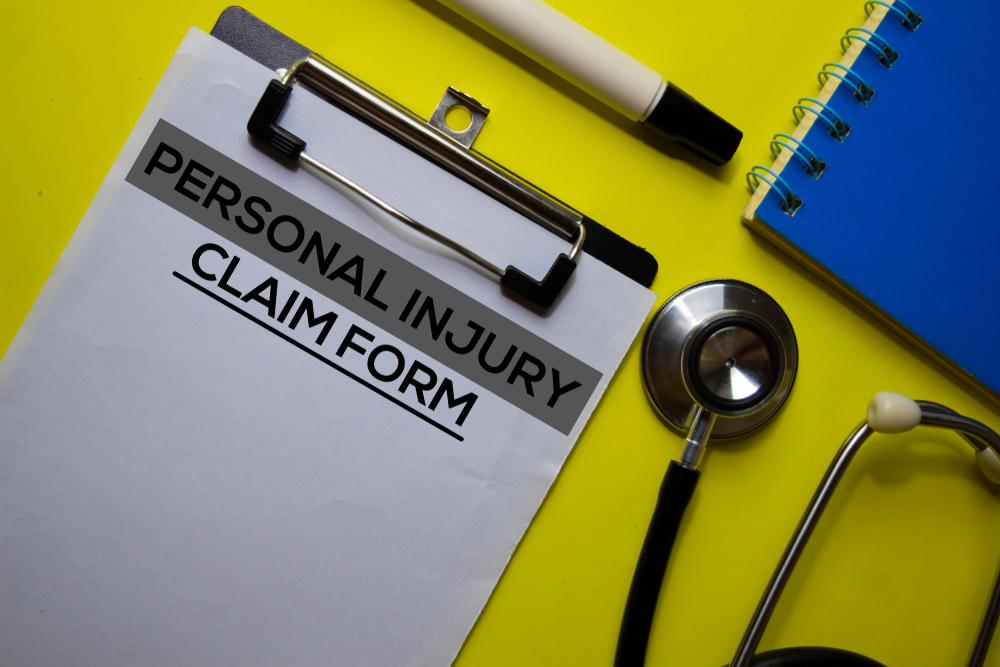Do I Need Personal Injury Protection Coverage in PA?

If you want to drive in Pennsylvania, you need to have personal injury protection or PIP coverage. Take note that the required PIP coverage in Pennsylvania is the Medical Benefits part of what’s called the First Party Benefits coverage in PA. Understanding how PIP coverage in Pennsylvania works and choosing the right amount for your potential needs is among the many decisions you will have to make when purchasing or renewing your auto insurance policy in PA.
Understanding Personal Injury Protection Coverage and No-Fault Laws in Philadelphia
No-fault auto insurance laws require motor vehicle drivers to maintain their own auto insurance coverage. In case you get into an auto accident, your own medical benefits or PIP coverage will be used to cover your medical expenses regardless of who caused the crash. Each driver covers their own medical expenses, and theoretically, the need to sue another party. This ensures that all drivers will obtain prompt and proper medical treatment if they get injured in a crash.
In Pennsylvania, the law only requires drivers to maintain medical benefits coverage amounting to $5,000, which is basically a limited version of personal injury protection. This covers medical expenses for yourself, your passengers, and others covered under your insurance policy, regardless of who caused the crash, up to a limit of $5,000.
You also have the option of purchasing up to $100,000 of medical benefits coverage and even more coverage up to $1,100,000 with the Extraordinary Medical Benefits option. Either way, medical benefits will pay for the following:
- Hospital services
- Surgery
- Dental services
- Diagnostic tests like X-rays, MRIs, etc.
- Physical rehabilitation
- Psychiatric services
- Ambulatory services
Required Auto Insurance Coverage in Philadelphia
Besides PIP or medical benefits coverage, Pennsylvania also requires drivers to maintain these minimum auto insurance limits:
- Bodily injury liability of $15,000 for each injured individual
- Total bodily injury liability of $30,000 for each accident
- Property damage protection of $5,000 for each occurrence
But whether it’s the liability or medical benefits minimums, it’s vital to keep in mind that having the minimum coverage may lead to a higher risk of potential out-of-pocket costs following an accident. For example, $5,000 worth of medical benefits might not suffice to cover costs for multiple serious injuries for you and/or your passengers. Also, medical benefits are strictly for medical expenses, which means that they won’t provide protection for lost income should you become incapacitated for months and can’t work.
Pennsylvania's first-party benefits coverage offers more robust options if you are looking to purchase higher limits and other coverage options. Aside from the higher medical benefits limits, you have the option of adding coverage options for income loss, funeral benefits, and death benefits, among others.
What You Should Know About Full Tort and Limited Tort Auto Insurance in Philadelphia
In Pennsylvania, you are also given the option to preserve your ability to sue other drivers. These no-fault law variations called limited and full tort insurance will directly impact your ability to claim compensation for accident-related damages.
As the name implies, limited tort coverage sets specific limits on what injured victims can claim from an at-fault driver. In general, it means that injured victims can only sue at-fault drivers for serious injuries, which are typically injuries that are more serious than soft tissue injuries. Even some head injuries may not qualify as serious unless they are fairly significant.
Under Pennsylvania law, serious injuries are those that involve serious body function impairment or severe and permanent disfigurement. While limited tort coverage is cheaper, it doesn’t enable you to claim as much compensation when compared to full tort coverage.
Full tort coverage broadens the ability of injured victims to sue at-fault drivers for more damages. With full tort, injured victims can recover damages for medical bills, other accident-related out-of-pocket expenses, pain and suffering, as well as other relevant nonmonetary damages, even if their injuries are not considered “serious” under state law.
But keep in mind that Pennsylvania’s no-fault auto insurance laws are only for injuries and medical bills. This means at-fault drivers are always liable for the property damage they cause to other drivers’ vehicles and property in a car crash. The full and limited tort options only apply to drivers opting to maintain their right to sue other drivers for injuries.
Consult with Our Experienced Philadelphia Personal Injury Lawyers Today
Besides being a legal requirement, having the state-required insurance coverage, including PIP or medical benefits, simply makes financial sense. Driving without auto insurance can result in serious consequences, but not carrying enough or proper coverage limits can likewise leave your finances in trouble.
If you or a loved one has been injured in an accident in Philadelphia, you can reach out to one of our skilled Philadelphia personal injury lawyers here at Mattiacci, Law, LLC, for legal advice. You can set up your free case review by contacting us online or calling 215-709-7915.
